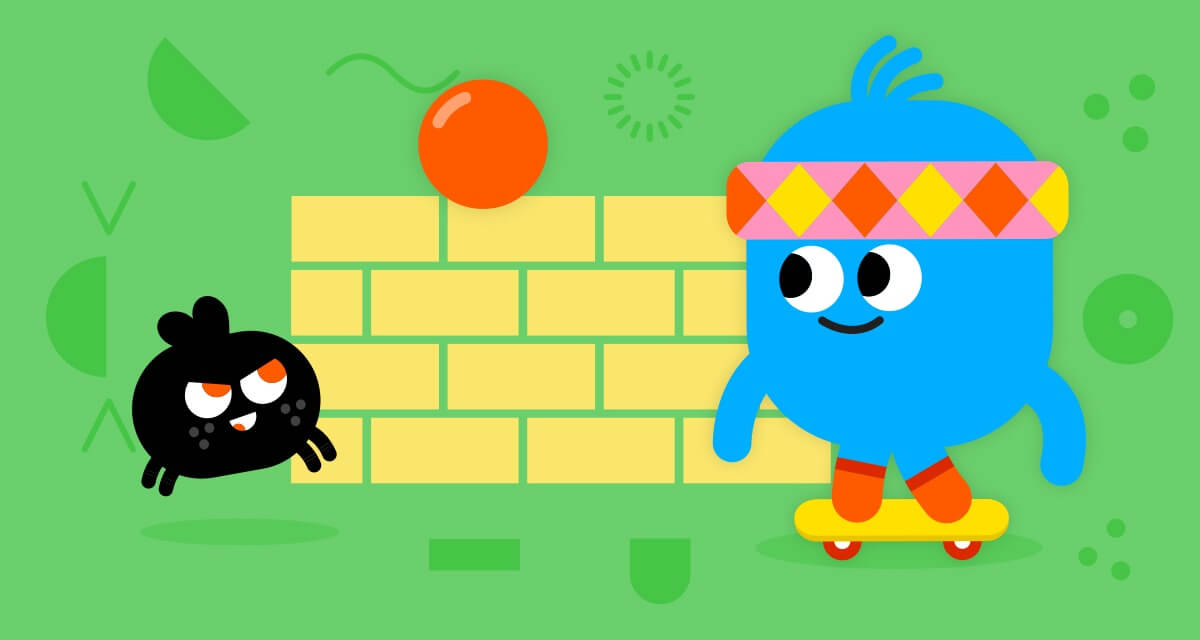These three skill areas may surprise you.
- By
- Parker Barry
Play can’t be boxed or bottled by adults in ways that guarantee kids will learn letters today and shapes tomorrow. Yet kid-directed play can spark deep learning, naturally growing crucial, behind-the-scenes strengths in kids that support the more obvious academic skills taught in classrooms.
- 1. Creative problem solving. When kids direct their own play, making up their own games and stories, they’re constantly imagining, inventing, negotiating and problem solving. Kids will often return to a self-created story or game many times over to add to the story line or to fix an unresolved problem from the last play session. “Richer thinking is more likely to occur in an atmosphere of exuberant discovery,” writes education advocate Alfie Kohn. Whether playing solo, as a pair or in a group, ongoing kid-directed free play can promote creativity, resilience and emotional flexibility — all important for the classroom.
- Tip: Give kids enough time and frequent play sessions to support continued story lines and multisession games.
- 2. Memory. Give kids a break! A lack of play time may weaken kids’ ability to store new information, according to the American Academy of Pediatrics, which supports adequate free play time for kids during and outside of school. Kids require “clear-cut and significant” breaks in academic activity to optimize learning, as well as to retain what they’ve learned. The AAP suggests that adult-organized PE classes don’t necessarily offer the same level of benefit as free-play sessions.
- Tip: Be a play advocate and encourage your school district to maintain or add ample recess time.
- 3. Mind-body learning. Bodies need to be as prepared to learn as well as minds. Relaxed minds are ready to learn, but minds can’t easily relax in bodies full of tension. Kids need time to move their bodies and release all of that pent-up energy built during desk time in order to concentrate during the next session of instruction. Time to move playfully may be especially important for boys’ school success, according to the AAP. Even if all kids don’t run and climb during recess, all kids benefit from the change of scenery, pace and break in teacher-led time.
- Tip: Make time for active physical play in and out of school and find opportunities for movement during learning.
Trust your kids’ innate curiosity and drive for fun to guide their play. Kids instinctively know that play brings joy to each day and growth to every area of their lives, including school.








